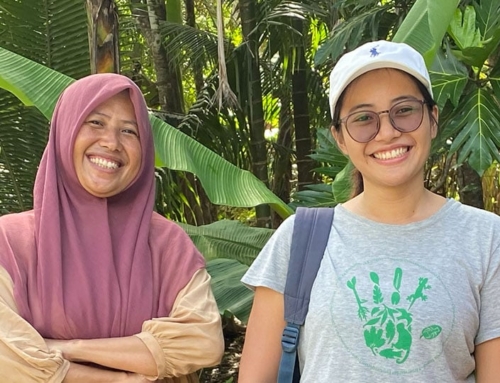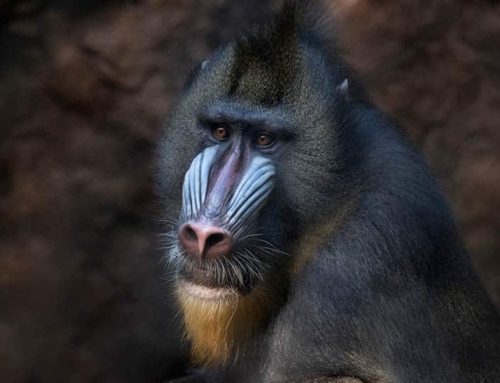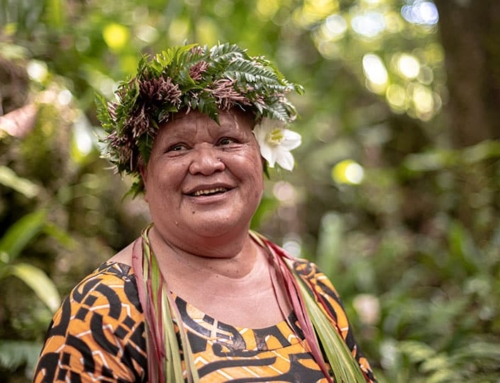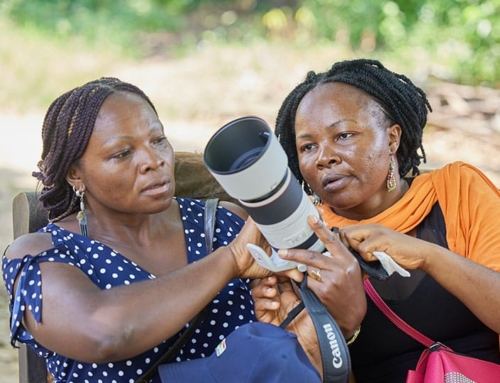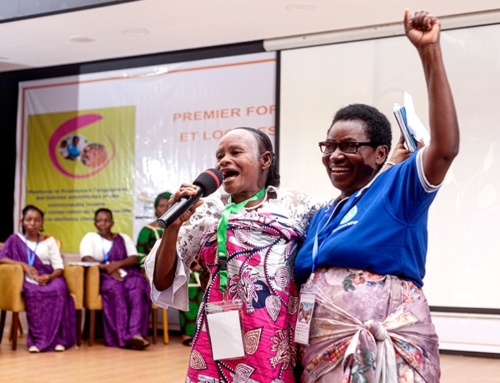Nemonte Nenquimo is an Indigenous leader of the Waorani people in the Ecuadorean Amazon province of Pastaza, one of the most biodiverse regions on Earth. Nemonte gained global attention when she led a successful court action to block a proposal for oil exploration and drilling on 500,000 acres of Waorani land. Her tireless and courageous work to rally Indigenous Peoples in Ecuador to oppose oil exploitation on their territory and insist on proper consultation led to a landmark legal victory, a decision that was seen as setting a precedent for Indigenous rights in the region.
Nemonte was subsequently awarded the Goldman Environmental Prize for South and Central America, in 2020, and she was also named in Time’s magazine’s list of the world’s 100 most influential people in the same year.
Three years on, what is the legacy of this famous victory? We spoke to Nemonte about the continuing challenges facing the Waorani, and her work to bring their struggle out to the wider world; and we asked what people in rich, industrialised nations can do to support Indigenous Peoples to protect their land and help to ensure that biological and cultural diversity can flourish.
Taking the government on, and winning
Q: Since you won the landmark court ruling in 2019 against the Ecuadorian government and in favour of the Waorani, how have things changed for you personally and for the Waorani?
Nemonte: At the time, a lot of people told us there was no way we would be able to win against a government that has many more resources than us, small Indigenous nations. There was no way we could defeat them in court! Yet by building solidarity with other Indigenous nations, with Indigenous Federations marching in the streets, connecting with people around the world, we did defeat the government – we beat them in court.
For me personally, our victory against the Ecuadorian government clearly demonstrated the strength of having a united voice. It showed me for the first time that our voices and our decisions need to be respected. As a leader, it helped me to recognise the power that we can actually wield.
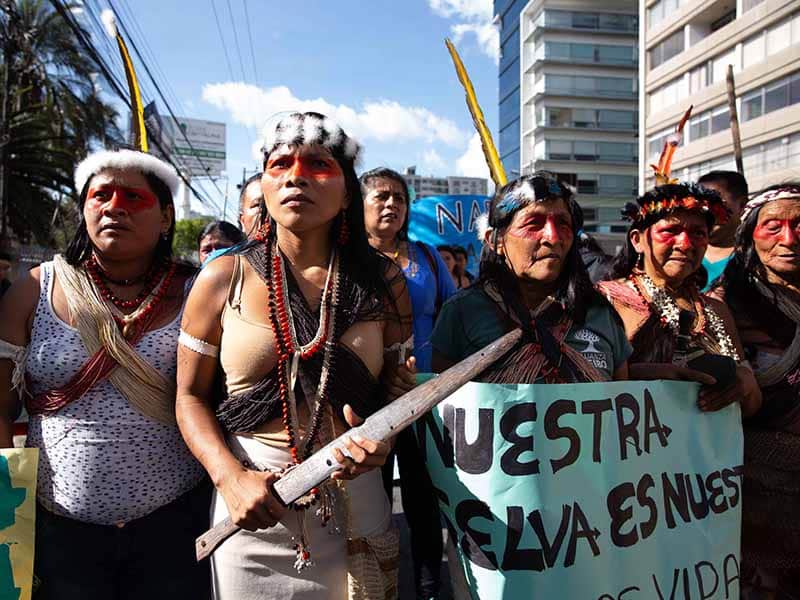
Nemonte Nenquimo marches alongside representatives from other Indigenous nations in Quito, 2019. Image © Amazon Frontlines
But in terms of whether things have changed in government, no. We are still facing threats to our lands. The new Ecuadorean President (Guillermo Lasso) recently issued two decrees to expand oil and mining across the Amazon. From the government side of things, there has been no positive change…
But it does feel like my people have woken up. The 2019 struggle really raised awareness and brought the threats against our lands to their attention, and I feel it has given us a renewed sense of drive to protect our lands. And I think there was also a wider shift in awareness about the need to listen to Indigenous people’s voices and respect their decisions.
We have shown the world the power of a united collective movement, a collective struggle.
Our forest is a place that is full of life
Nemonte: There is something central to our Indigenous world view that often gets misunderstood or only partially understood in the West: the natural environment and within it all the biological diversity, the animals and Indigenous Peoples are not separate, unconnected things; they are one and the same. Indigenous Peoples belong to a biodiverse environment, and we maintain a direct relationship and a deep connection with that environment.
Indigenous wisdom is about respecting the natural world. Why would we destroy what we rely on to survive and what we rely on for our way of life?
Our food and livelihoods originate from the forest. We recognise that if we overhunt or destroy the environment and its animals, then we are damaging our own future.
Indigenous Peoples have a deep connection and understanding of animals and wildlife, and that connection has contributed to the protection of biodiversity within Indigenous territories. Our forest is a place that is full of life, and it provides everything we need. It is our pharmacy, our hardware store, our supermarket…
We see our forest in the same way that you see your cities. We know where the different fruit trees are, we know where the wild boar will be, we know where there is a freshwater spring, we understand our territory and see it in a similar way to people planning and mapping out their cities.
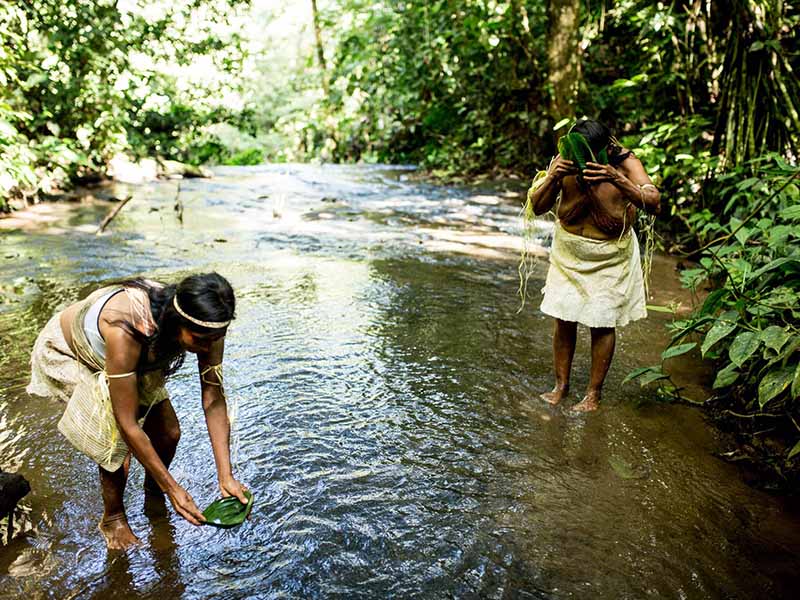
The Waorani do not consider themselves as separate from nature. Image © Amazon Frontlines
More than an empty space
Nemonte: The problem is that many outsiders see the forest as just a big green empty space. Or worse than that, many governments and companies view our territory as simply a series of overlapping resource concessions, as oil blocks, logging areas, mining claims.
The power of using maps as a tool in this legal case was as a way to tell that story and help the government and the judges – and people around the world – to understand how Indigenous people both view and live within our territory.
Mapping allowed us to tell a more complex story about Indigenous territory to people who don’t live there. We needed to contradict the official narrative that the forest is just an empty place where there are not many people, or that forests are just places from which you can extract resources.
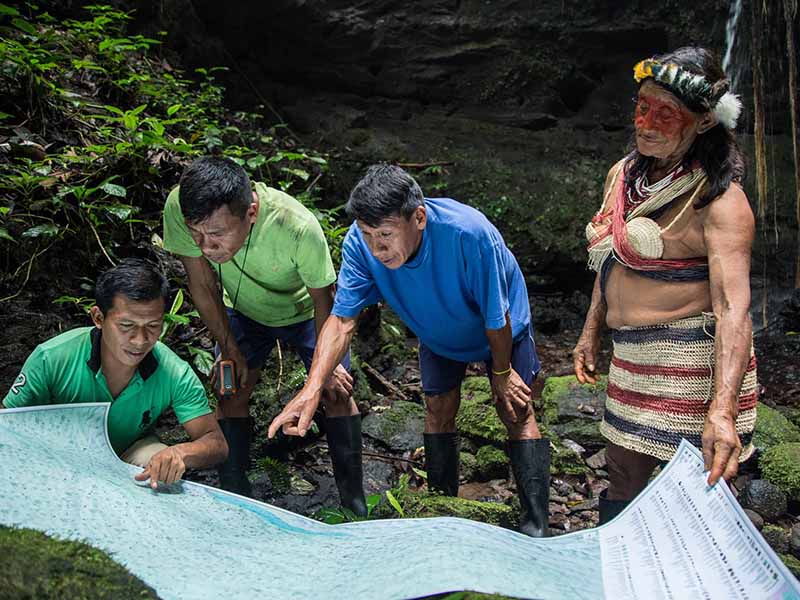
Mapping sacred spaces with Indigenous Waorani elders. Image © Amazon Frontlines
Mapping sacred spaces brings generations together
Nemonte: Another benefit was the actual exercise of creating the maps itself – it was a really powerful unifying process within the communities. Young people like myself and others would go out with GPS devices and walk through the forest with our elders. The elders have this ‘internal compass’ and a profound understanding and knowledge of the territory: they can explain where to find medicinal plants, they know the sites of historic battles, can tell you where sacred waterfalls are and so on. And it was that process that really opened up a lot of the younger people’s eyes to their wisdom and the value of the territory and knowledge that is being lost between the elder and younger generations.
Walking the forest with their elders has changed the perspective of many young people, energised them and made them want to fight to protect the land.
Mapping ancestral lands of the Waorani territory (Map courtesy of Amazon Frontlines)
Q: Land defenders and advocates for Indigenous rights around the world – not least in Latin America – can face extreme personal risk, as the recent murders of British journalist, Dom Phillips, and Brazilian Indigenous expert Bruno Pereira have so tragically brought home recently. What are your views on the dangers inherent in what you are doing, and do you feel a sense of personal risk?
Strength in unity
Nemonte: I think the greatest risk is being on your own, acting as an individual. Unity gives you strength. What I’ve learnt over the past 10 years is that when you have the support of other people behind you, you are much safer and there is more protection. Yes, environmental defenders are being killed across the Amazon basin, but I feel protected and taken care of by the people around me.
My perspective comes from a background of struggle; I have been threatened, I have had conflicts, even with my own people, sometimes with young people who have different perspectives, who have gone to the cities and have a different ideology. So I have had to stand up and argue with people in my own community, in assemblies, with people who wanted to sell out the territory to oil companies. And I have had to make really strong cases about the importance of the territory for our culture, for the water we need to live, for our future. But in these discussions, I have always been able to achieve the backing of the majority. And that has helped me to feel safe and protected.
Do we want to live in a way dictated to us by the Ecuadorian government, or according to the traditions handed down to us by our ancestors? My fight and my struggle comes from a place of deep respect and love for my people and love for the forest. This is the path I have chosen in life, so I am willing to take that path, even if it means my own death.
Q: We often hear how people living in rich, industrialised societies have become disconnected from nature. The UK is one of the most nature depleted countries on Earth, so how can we, many of whom live in a very urban, very industrialised and technologically-mediated society, feel more connected to nature?
Nemonte: I think that if you want to feel more connected, wherever you are, you have to start with education. Families need to educate their children about the importance of nature, and teach them about where the things that they consume actually come from; teach them about the connection between nature and their health.
Disconnection from nature is also a disconnection from the impact we have on the planet, and this stems from people’s willingness to participate in something that is destroying our quality of life.
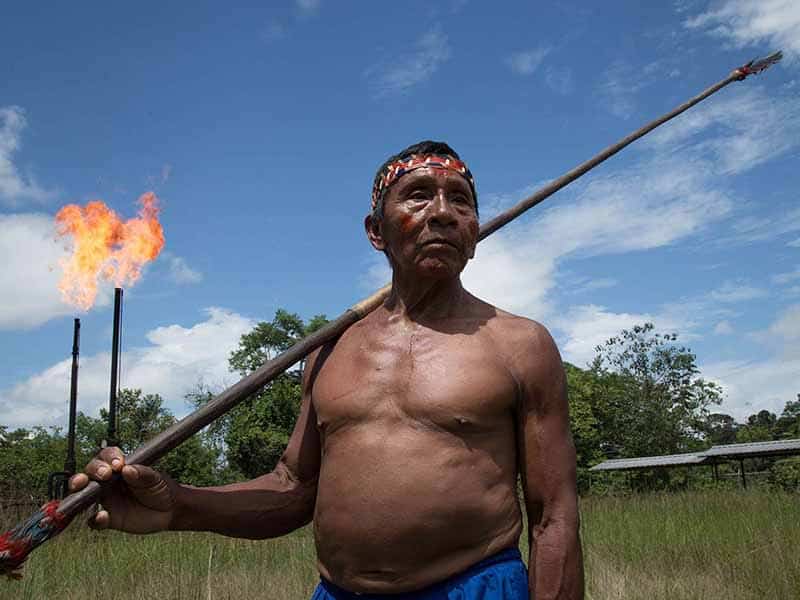
Extractive activities continue to threaten Indigenous territories all over the world. Image © Amazon Frontlines
Learning on her travels
Nemonte: What I have realised in my travels in these rich, industrialised societies is that their wealth and lifestyle is built on the destruction of the world’s ecosystems and the suffering of Mother Earth and Indigenous Peoples. My message to people in these societies would be simple: stop investing in the companies and activities that are threatening our planet’s ecosystems, that are endangering Indigenous Peoples and that are causing climate change. Stop investing in destruction, stop investing in pollution! Invest in things that have a positive impact.
As an Indigenous woman, what I understand is that ultimately people need to be prepared to make sacrifices on some level. People in the rich, industrialised nations need to be prepared to sacrifice some of their comfort and some of the things they take for granted if they truly want to reverse climate change and protect the natural world we all rely on. Unless people can rekindle and shift that relationship with nature, there is no positive end to the story. It is not just the responsibility of Indigenous Peoples to shoulder that burden.
Q: In a sense, we are disconnected not only in terms of place and the physical and psychological distance between ourselves and the nature around us, but we also often lack those connections through time: the way we live in rich, industrialised societies often prioritises the short term, the here and now, forgetting or ignoring the wisdom passed down through generations, and failing to think about the future generations to come.
Nemonte: You know, for me as an Indigenous woman, the connection with both my ancestors and future generations is really strong, and it is a driving force behind how we relate to nature as well. A healthy environment is a gift that has come from our ancestors. There is a direct link between our connection to nature and our connection to past and future generations.
It is true that I have seen a strong disconnect between generations, and their ancestors, in some societies, and also an absence of thinking in terms of future generations. I saw a really good example of this just recently. I noticed that some people and places here actually have plastic plants. Instead of understanding the beauty and the value of raising a plant and taking that opportunity to educate your children about how to connect with the natural world, you have a plastic plant! Why?
This morning, the first thing I did when I woke up (in London), was open the window and take some deep breaths of the air. At that moment I felt – even though I am in a city halfway across the world from the Amazon – that the air I am breathing comes from the forest, it is the same air circulating around the world. This is my connection to where I am from and it gives me hope that it is possible for people to learn to reconnect with the natural world and to start to understand this interconnectedness across the planet.
Another thing I have noticed travelling here is that everybody is on their mobile phones, totally disconnected from each other. Even families that are out together are not connecting with each other, but with their devices. It feels like there’s a real spiritual poverty there.
I worry that, as we destroy the planet more and more, our disconnection from each other and from our own families is going to grow even greater. The way things are going, the tragic end result of the damage we are doing to our planet will be to damage our own relationships with the people that we love.
Q: My final question for you – as you have done so many interviews with Western media, especially since 2019 – is to turn it round and say: what question you would like to ask us, me, our readers?
Nemonte: Firstly, you need to know that we – Indigenous Peoples – are risking our lives to protect our lands and our way of life, but also to protect the planet that you all also depend on. Our people are truly risking everything and they lack support and need help.
People across the world cannot just expect us to do this alone – we are not the ones who created this problem.
I would ask: what you are waiting for? Do you think that just by talking we can solve all these problems? When are you going to step up and stand with Indigenous Peoples and support the people fighting on the frontlines of the environmental struggle in communities across the world? People need to take a stand and start making changes now: so what are you waiting for?


